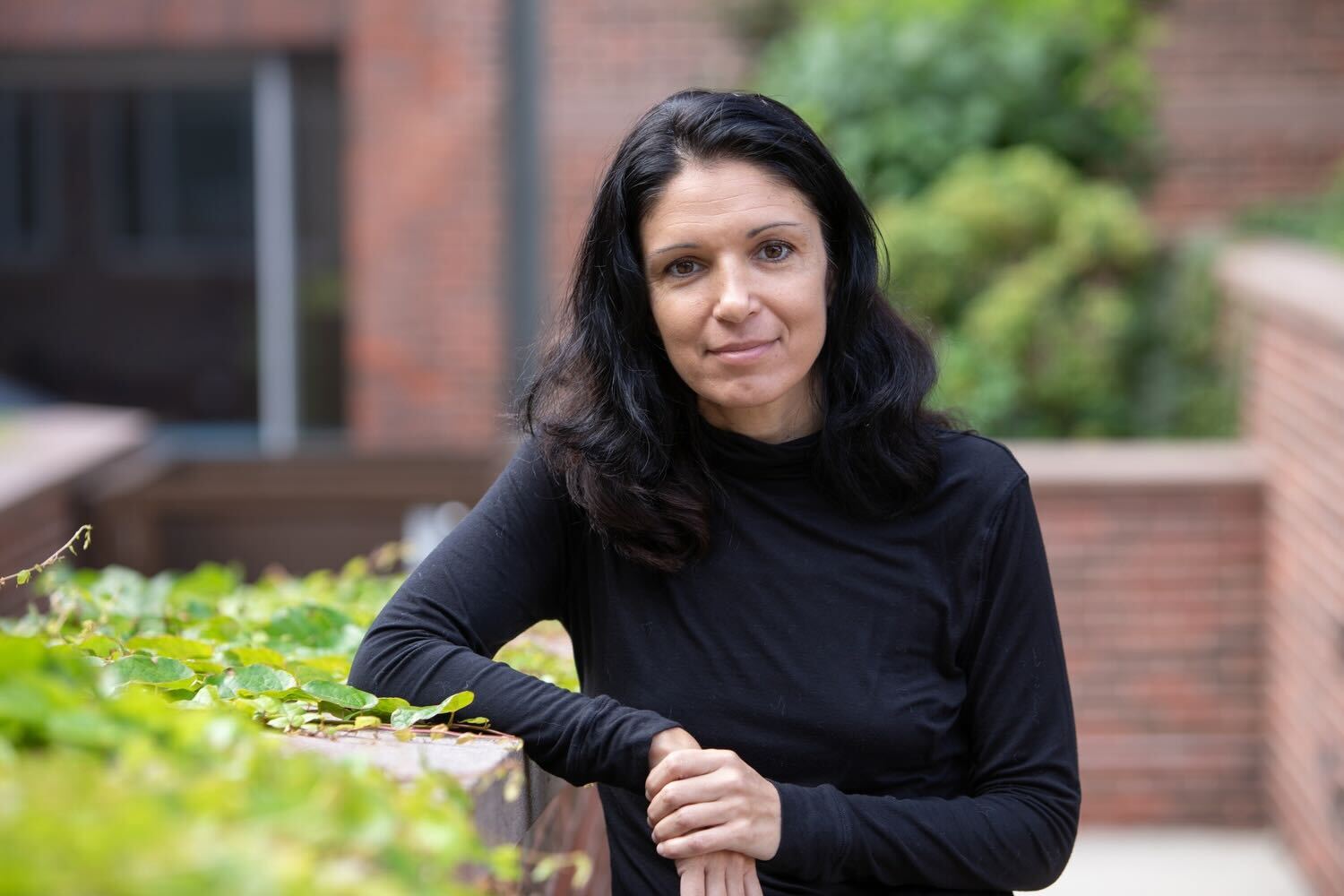Keynote and Panel speakers
Keynotes
Marcella Alsan

Professor of Public Policy, Harvard Kennedy School
Marcella Alsan is an applied microeconomist studying health inequality. She received a BA from Harvard University, a master’s in public health from Harvard School of Public Health, a MD from Loyola University Chicago Stritch School of Medicine, and a PhD in Economics from Harvard University. Alsan trained at Brigham and Women’s Hospital Hiatt Global Health Equity Residency Fellowship – then combined the PhD with an Infectious Disease Fellowship at Massachusetts General Hospital. Prior to returning to Harvard she was on faculty at Stanford. She is currently on the Board of Editors for Science Magazine, Co-Editor of the Journal of Health Economics and Co-Chair of the Health Care Delivery Initiative of Abdul Latif Jameel Poverty Action Lab based out of MIT. She is the co-recipient of the 2019 Arrow Award for Best Paper in Health Economics, the 2021 William G. Manning Memorial Award for the Best Research in Health Econometrics and recipient of a MacArthur Fellowship.
Representation and extrapolation: Evidence from clinical trials
Sello Mokwena

Professor of Computer Science, University of Limpopo
Associate Professor of Computer Science at University of Limpopo, Limpopo Province, South Africa. Formerly head of department at Tshwane University of Technology. A South African National Research Foundation C rated researcher. Has supervised to completion more than 20 Master and 3 Doctoral students in Information Systems. Has published in local and international journals. A frequent conference speaker. Wrote a popular book entitled “The Sanity Gap – A recipe for not losing your mind. A mentee in article writing in the Africa AI Deep Learning Indaba. Offers courses in article writing to other universities.
Factors influencing low adoption rate of technologies in developing countries
Abstract: Technologies such as machine learning, cloud computing, and IoT seem to be the most attractive solution to a myriad of problems basseting developing countries, but there is a general low adoption rate of these technologies in developing countries in general, and South African Small Medium Enterprises (SMEs), consumers and government institutions especially in rural areas. There is a need to investigate the significant factors hindering the adoption of these technologies. We have adopted various theories such Technology Acceptance Model (TAM) and Diffusion of Innovation Theory (DOI) and sometimes combine these theories with other Information Systems theories as a theoretical lens to shed light on the reasons for low adoption rates. Good use of theory aids in designing the study more effectively, as well as being useful to take a broad view of the end results. Both qualitative and quantitate methods have been employed to increase the understanding of this phenomenon. Quantitative data was collected through questionnaires and analyzed using regression analysis or structural equation modeling and machine learning algorithms. Qualitative data is collected through interviews and analyzed using thematic analysis. Findings from these studies indicate that some of the reasons for low adoption rates are awareness. Some respondents argue that they will adopt the technologies if it will reduce the organization’s IT expenditure. Some find the complexity and cost of these technologies were the most significant factors determining their potential for adoption. In this paper, we will look at the case studies of the adoption of cloud computing, Internet banking, and School management system.
Karen Smilowitz

James N. and Margie M. Krebs Professor in Industrial Engineering and Management Sciences, Northwestern University
Dr. Karen Smilowitz is the James N. and Margie M. Krebs Professor in Industrial Engineering and Management Science at Northwestern University, with a joint appointment in the Operations group at the Kellogg School of Business. Dr. Smilowitz is an expert in modeling and solution approaches for logistics and transportation systems in both commercial and nonprofit applications. Dr. Smilowitz is the founder of the Northwestern Initiative on Humanitarian and Nonprofit Logistics. She has been instrumental in promoting the use of operations research within the humanitarian and nonprofit sectors through the Woodrow Wilson International Center for Scholars, the American Association for the Advancement of Science, and the National Academy of Engineering, as well as various media outlets. Dr. Smilowitz is an Associate Editor for Transportation Science and Operations Research.
Emerging trends and new research directions in volunteer management
Abstract: Nonprofit organizations often face challenges related to meeting time-dependent, and sometimes time-critical, operational needs with a workforce composed of volunteers or a mix of volunteers and paid staff. The operations research literature has explored many important aspects of nonprofit operations, and now emerging trends in online platforms have led to new opportunities in workforce management for nonprofits. This talk will consider how the nonprofit sector is embracing online platforms, particularly in the area of volunteer management. The talk will review recent research in the area, highlighting commonalities with commercial applications and unique challenges in volunteer management.
Panelists
Emanuela Galasso
Senior Economist in the Development Research Group (Poverty and Inequality Team) at the World Bank
Rebecca Johnson

Assistant Professor at McCourt School of Public Policy, Georgetown University
Rebecca Johnson is an Assistant Professor in Georgetown’s McCourt School of Public Policy, where she teaches computational social science and is affiliated with the Massive Data Institute (MDI) and the Department of Sociology. Her research focuses on how social policies use a mix of data and discretion to decide which individuals need help most urgently, combining computational methods (field experiments; supervised machine learning) with normative analysis. Previously, she received her BA/MA from Stanford University, her PhD in Sociology, Demography, and Social Policy from Princeton University, and served as an Assistant Professor in Dartmouth College’s Program in Quantitative Social Science. Her research has received funding from the Princeton Center for Human Values, the National Science Foundation, the American Bar Foundation/JPB Foundation Access to Justice Scholars Program, and the National Academies of Education/Spencer Foundation.